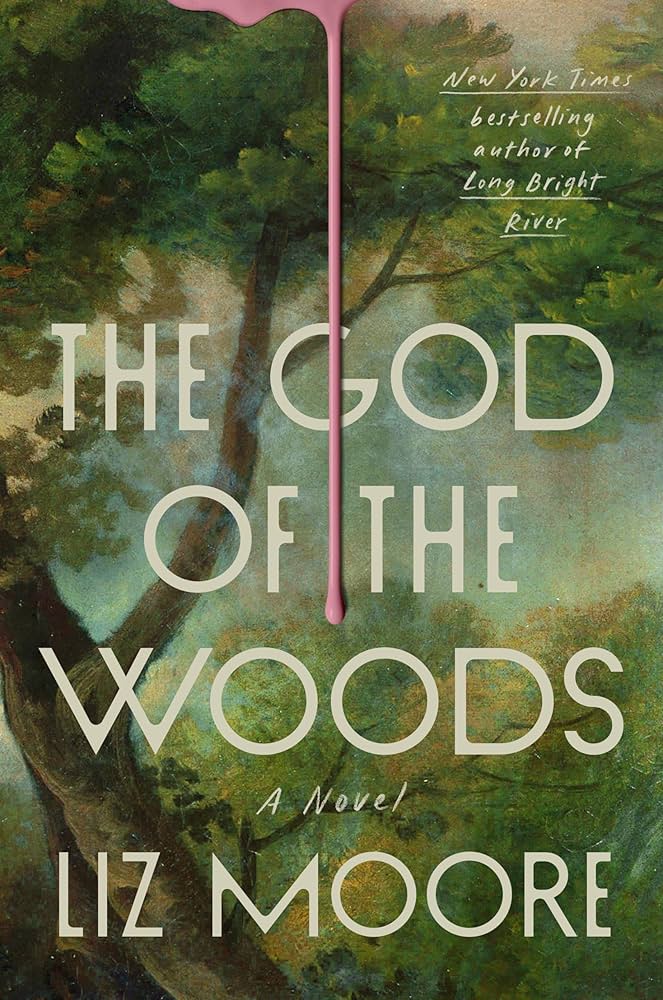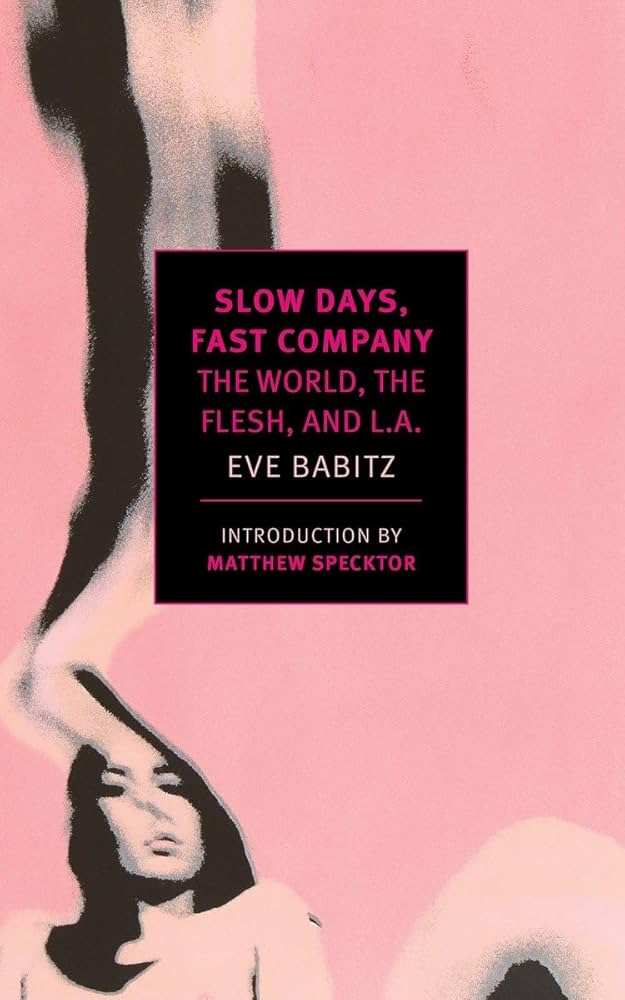Liz Moore is a brilliant writer. Long Bright River is one of my favourite crime novels of all time. The God of the Woods is also a crime novel, but the story is so compelling that the crime almost doesn’t matter — in fact, when I stopped treating it like a puzzle and gave myself over to the setting and characters, my enjoyment of the book skyrocketed.
There’s a lot about this book that wouldn’t work in the hands of another author, or at least choices that are red flags when I see them. There’s a huge cast of characters, shifting third-person limited perspectives, and several timelines. Once I got past my initial confusion and sorted out the cast, the book caught fire.
The God of the Woods a mystery novel set at a summer camp in 1975. Barbara is the daughter of the camp’s owners, a 1-percenter family named the Van Laars. They’re cartoonishly villainous: generations of Peter Van Laars are ice cold, absent or near-abusive men, expecting nothing but subjugation from their families. They’re so detached from reality that they bought their cottage and had it transported from Scandinavia to upstate New York, reassembled by local labour, and called it Self-Reliance.
Barbara is the rebellious, punk-rock daughter of the current version of Peter and his wife. Her brother ‘Bear’ disappeared when he was 8 in 1961, and she was meant to be his replacement in the family heirarchy. She goes missing too, in 1975.
The book tells both stories in parallel, dancing between timelines spread out over more than 20 years. The search for Barbara, the events surrounding Bear’s disappearance, and a whole lot of the family and community lore surrounding it.
The cast also includes Judy, a newly assigned cop to an investigative team that’s otherwise only men. Alice is Barbara’s mother, a salt-of-the-earth type who thought she won the lottery when she married into the family. After Bear’s disappearance, she’s come undone and lives in a haze of medication and alcohol. Tracy is a misfit and Barbara’s best friend at camp. Louise, TJ and Annabel are camp staff. These characters all have a turn as the focus of a chapter (or many chapters).
There’s an escaped serial killer too, if that’s not enough.
At its core, though, God of the Woods is an examination of class and gender dynamics, and that theme is even more compelling than the mystery. The Van Laars are reviled by the townspeople as rich interlopers, but the town also relies on them for employment and economic viability. The Van Laars are smugly superior, throwing parties for their wealthy or famous friends from afar while the locals cater and staff the functions.
As I said, in the hands of any other author, this complexity is a huge red flag. But Moore pulls it off, and by the end of the book I didn’t care as much about the central mystery as I did about the characters. Several of them could carry a sequel or shared-universe story of their own.
It was interesting to read this immediately after The Hunter – I think Moore achieves a lot of what French was trying to do in that book. The God of the Woods is up there with Long Bright River on the list of brilliant and literary modern crime drama. I’m cautiously optimistic about the limited series adaptation of it.






